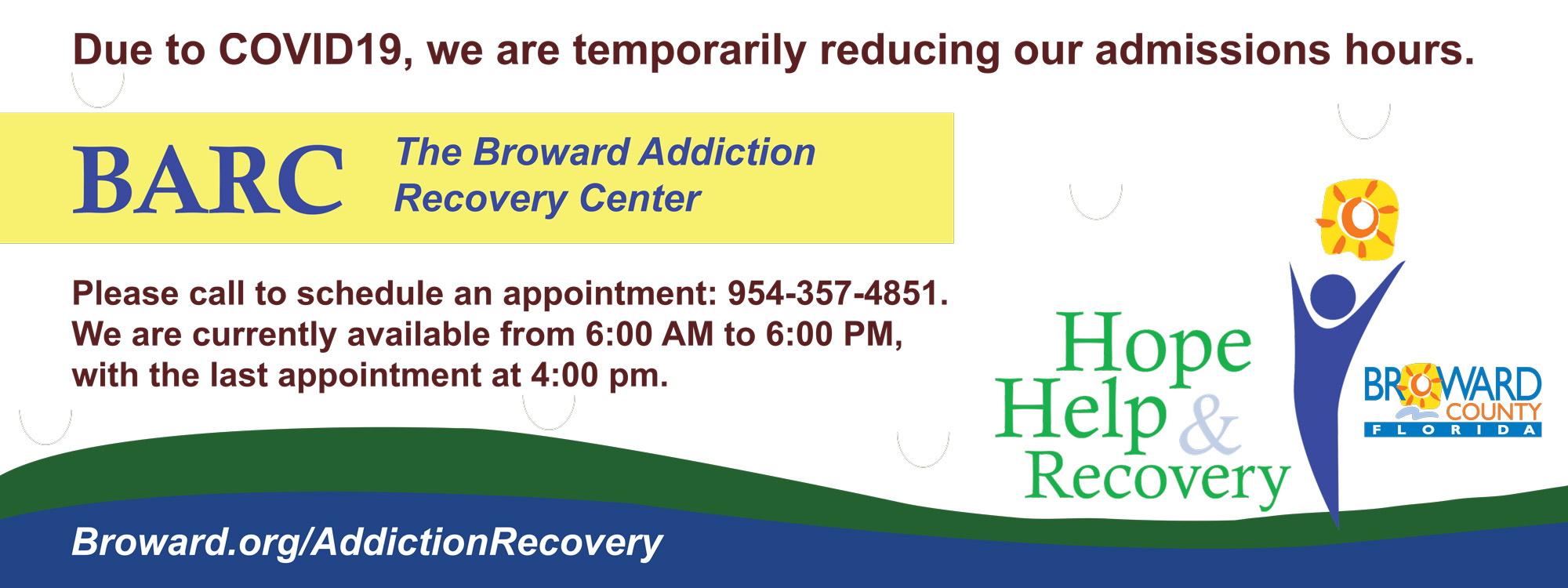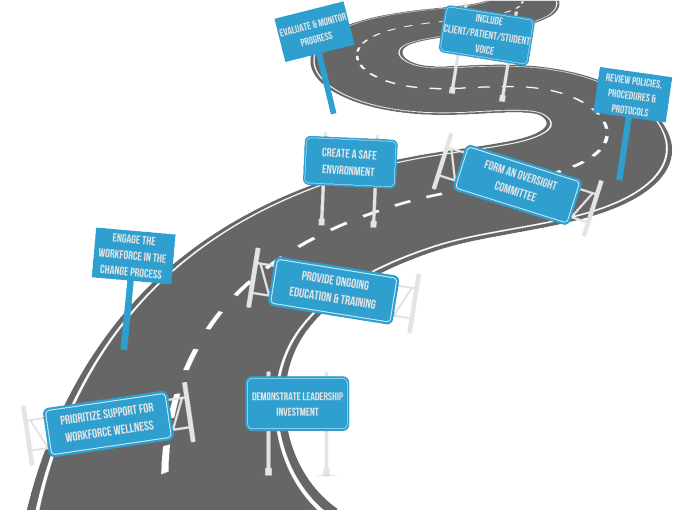Table of ContentsThe Buzz on Drug Abuse Treatment: Inpatient, Residential, Outpatient And ...Addiction Rehab Center For Alcohol & Drugs - Mclean Hospital Things To Know Before You Get ThisThe Best Guide To Drug Abuse Treatment: Inpatient, Residential, Outpatient And ...
This might include changing recreation or even altering elements of a person's career or daily life. The objective is to decrease the amount of stress and activates in the client's life to keep him or her from relapsing. Program choices before and after treatment In 2016, Recovery Brands conducted a study asking clients leaving a recovery treatment program what clinic qualities they viewed as high top priority elements to take a look at when taking a look at a program.
They also valued facility offerings (features, comforts, quality of real estate, etc.) much more after graduating from treatment. People trying to find treatment will desire to look at a facility's monetary policies as well as the program's offerings to assist in their final program choice. Find out more Medications are utilized for 2 various reasonsto manage acute withdrawal signs and yearnings and to preserve abstaining as soon as withdrawal has actually solved.
In some instances, once you attain medical stability and are drug-free, you may start a program of maintenance medications (government grants to pay for addiction treatment for those who can't afford). Only specific dependencies can be treated with medication. These consist of opioids, such as heroin and prescription painkillers, and alcohol. The commonly-used medications include:1,2,3 Methadone: A full opioid agonist that reduces heroin and prescription painkiller cravings and helps to promote long-lasting sobriety.
This medication also reduces yearnings connected with opioids. The addition of naloxone discourages abuse of buprenorphine. Naltrexone: This medication blocks the effects of opioids in the brain, negating the rewarding and pleasant sensations related to opioid abuse. This assists to prevent opioid usage. Naltrexone can also be used to treat alcohol dependence.
Disulfiram: This medication causes you to experience exceptionally unpleasant signs, such as nausea and heart palpitations, if you take in alcohol while taking the medication. Medications are most effective if they are integrated with behavioral treatment to develop a whole-person, comprehensive method to dependency treatment. This combination is described as medication-assisted treatment (MAT).
Poisonous relationships are those that have the propensity to result in substance abuse. Conversely, patients are encouraged to seek assistance from other individuals who can support them on their journey. These encouraging relationships might include friends, household members, and even other rehabilitation clients. Family members of rehabilitation patients can seek drug rehab info by speaking with the therapists and medical professionals at the facility.
They may do this by taking part in counseling sessions with the patient. Therapists in rehabilitation facilities can also teach relative and friends of clients how they can assist. They can learn about the coping skills that the clients are learning, the various drug abuse sets off, and the finest ways to show love and support.
All about Rehabilitation Drugs - What Treatment Drugs Are Used To ...
In this case, drug rehab treatment centers can provide therapy and recovery services to loved ones of those in recovery. Liked ones can help a patient best as soon as they have actually sought healing for themselves. Numerous drug rehabs have 28-day program options, but your advised treatment length might be several months.
Medical professionals and counselors might recommend an early release for the patient, or they may request that the patient stay in rehabilitation longer than expected. Numerous rehabilitation clients continue to get treatment for their dependencies after leaving rehabilitation. They might have routine center gos to with a doctor to manage physical signs.
In addition to the love and support of household and pals, patients may also go to support group conferences after leaving a drug rehabilitation treatment facility. All of these aftercare services assist patients stay drug free and prevent relapse. 1. Drug Abuse and Mental Health Solutions. (2006 ). Detoxification and Drug Abuse Treatment: A Treatment Enhancement Protocol, Suggestion 45. why isnt addiction treatment funded.2.
Certain medications can help you conquer symptoms of withdrawal for some addictions. Others can help you conquer yearnings that complicate recovery. Therapy and therapy can teach you how to manage triggers and cravings, and you'll discover about the underlying causes of addiction. Nanci Stockwell of Advanced Healing Systems explains why various individuals receive different kinds of therapy and stresses the efficiency of customized treatment strategies.

It can be embellished or occur in group settings. Evidence-based treatment offers incentives for sobriety, helps modify attitude and improves life abilities. Typical types of therapy consist of: Medication-assisted treatment is a complement to behavior modification. Some medications can minimize signs of withdrawal during detox from specific drugs. Others can reduce cravings during the healing process.
Medications for alcohol or drug dependencies consist of: Other kinds of healing activities may aid in recovery from dependency. These complements to therapy may not directly resolve underlying causes of dependency or how to manage cravings. But they may assist you view circumstances from a various point of view or cope with stressors.
Processes of treatment for drug dependency Drug rehab is the procedure of medical or psychotherapeutic treatment for dependence on psychedelic compounds such as alcohol, prescription drugs, and street drugs such as marijuana, drug, heroin or amphetamines. The basic intent is to make it possible for the patient to face compound dependence, if present, and stop compound abuse to prevent the mental, legal, monetary, social, and physical consequences that can be caused, specifically by severe abuse.
5 Easy Facts About Addiction Treatment - Options For Addiction Recovery ... Described
Psychological dependency is attended to in numerous drug rehab programs by trying to teach the individual brand-new approaches of engaging in a drug-free environment. In particular, patients are generally encouraged, or perhaps even https://writeablog.net/gundanc7x3/b-table-of-contents-b-a-3prd required, to not connect with peers who still use the addictive compound - why is group therapy the most effective treatment for addiction. Twelve-step programs encourage addicts not only to stop utilizing alcohol or other drugs, but to analyze and alter habits connected to their dependencies.
For legal drugs such as alcohol, total abstentionrather than efforts at small amounts, which might lead to regressionis likewise emphasized (" One is too many, and a thousand is never ever enough.") Whether small amounts is attainable by those with a history of abuse stays a controversial point. The brain's chemical structure is impacted by drugs of abuse and these modifications are present long after a private stops utilizing.

Various types of programs provide aid in drug rehab, consisting of: property treatment (in-patient/out-patient), regional support groups, extended care centers, recovery or sober homes, dependency counselling, psychological health, and medical care. Some rehabilitation centers offer age- and gender-specific programs. In an American study of treatment service providers from 3 separate institutions (the National Association of Alcohol Addiction and Drug Abuse Therapists, Reasonable Healing Systems and the Society of Psychologists in Addictive Behaviors) determining the treatment service provider's actions on the Spiritual Belief Scale (a scale determining belief in the 4 spiritual qualities Twelve step programs recognized by Ernest Kurtz); the scores were discovered to describe 41% of the difference in the treatment provider's responses on the Dependency Belief Scale (a scale measuring adherence to the illness design or the free-will design dependency).
The National Institute on Substance Abuse (NIDA) suggests detoxing followed by both medication (where relevant) and behavior modification, followed by regression avoidance. According to NIDA, effective treatment needs to attend to medical and mental health services in addition to follow-up choices, such as neighborhood or family-based healing support group. Whatever the method, client inspiration is an essential element in treatment success.